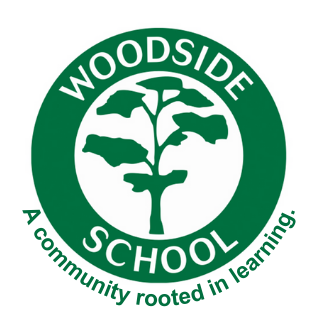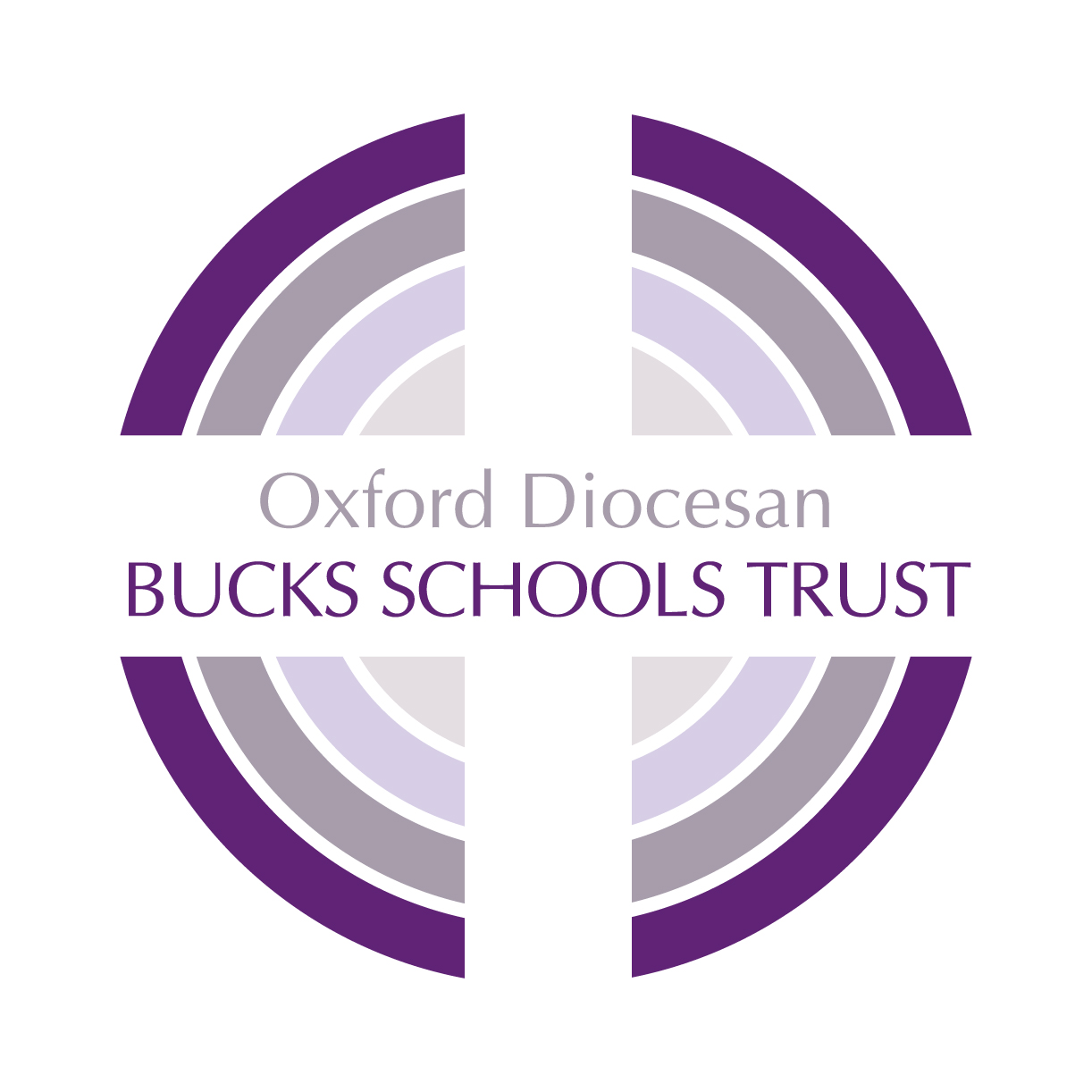Pupil Premium Funding
What is the Pupil Premium Grant?
In 2011 the Government introduced the Pupil Premium Grant. The Pupil Premium is additional funding for publicly funded schools in England to raise the attainment of disadvantaged pupils and close the gap between them and their peers. A member of our Senior Leadership Team is responsible for the coordination of specific provisions that are in place to support the Pupil Premium children. It’s up to school leaders to decide how to spend the Pupil Premium Fund.
The Senior Leader responsible for the provision meets regularly with our link governor who reports to the Governing Body to ensure they are abreast of initiatives, progress and attainment of vulnerable children. The action plan is reviewed and shared with the governors to enable our Governing Body to hold senior leaders to account for how the money is spent and for the progress and attainment of our disadvantaged pupils.
Menu of Approaches
Evidence suggests that pupil premium spending is most effective when schools use a tiered approach, targeting spending across the following 3 areas below. Woodside Junior School subscribes to this approach.
- Teaching and learning -schools arrange training and professional development for all the staff to improve the impact of teaching and learning on all pupils. Additionally, schools can also focus on support for early carer teachers, addressing the expectations of teachers and supporting teachers with improved scaffolding of learning.
- Academic support - schools should decide on the main issues stopping their pupils from succeeding at school and use the pupil premium to provide extra help. Schools need to ensure that interventions are evidence based - small group or 1 to 1 tutoring (where practical and possible). Interventions to improve reading are particularly important.
- Wider approaches - this may include non-academic use of the pupil premium such as:
- school breakfast clubs
- music lessons for disadvantaged pupils
- help with the cost of educational trips or visits
- speech and language therapy
|
Area for support |
How to access this if you feel that this would be helpful for your child/family |
|
Breakfast Club The school will provide a free breakfast (toast/cereal/fresh fruit) for any child at 8.15am each day in our Hideout Zone facility. (To ensure that the children have time to eat without rushing, they must arrive at 8.15am). |
Please contact the office to book your child’s place. You will be able to bring your child to Hideout Zone (access via the large playground) at 8.15am and they will be provided with breakfast and will then be taken over to start their school day. |
|
Access to technology The school can loan children a Chromebook/laptop to ensure that they can access our on-line learning apps and complete any homework set on Google Classroom. |
Please contact the office and request the loan. You will be asked to complete/sign an agreement (as the device will be taken off school site) and then you will be asked to come to the office to collect the device. The school requires all devices to be returned at the end of each term so they can be checked for safety. |
|
Access to stationery for class The school will provide a complete pencil case of items for your child on request. |
Please contact the office who will arrange this for you. If your child runs out of glue sticks, white board pens etc, you can request a replacement from the office. |
|
School Trips/Activities Any trips that form part of the school’s curriculum offering will be fully paid for by the school (on request). The Yr6 Residential does not form part of the curriculum offering but financial support is available for all eligible parents. |
When trips are set up on our MCAS system, you will be required to provide consent for your child to attend. This is on the same screen as payment. After providing consent, please do not “pay” for the trip as we will not be able to provide refunds. When the school’s finance team are reviewing payment for the trip, they will “remove” the outstanding payment for you. |
|
PTA events Our PTA run discos etc for the children to enjoy. They usually cost around £5 per event (including snack etc). They have kindly offered for all children eligible for Pupil Premium funding to attend for free if required. |
When you receive information about upcoming PTA events, you can contact the office and confirm that your child would like to attend. The school can liaise with the PTA to ensure that their name is added to the attendance list. Please note, you must inform the school that your child wishes to attend as the PTA must have complete registration events for each event. |
|
Specialist Music or Sports Tuition Some children have a passion for music or sports but the cost of lessons can be prohibitive. The school will support children to have music lessons in one instrument or join a sports session if they would benefit from doing so. |
If this is of interest for your child, please look at on our website where you will find further details of the offering. |
The government suggests that schools may find using the pupil premium useful to:
- increase pupils’ confidence and resilience
- encourage pupils to be more aspirational
- benefit non-eligible pupils
Non-Eligible Pupils
Schools can spend their pupil premium on pupils who do not meet the eligibility criteria but need extra support.
Main barriers faced by disadvantaged pupils
Children entitled to free school meals (FSM) encompass the full spectrum of needs and backgrounds in the school community, including white and minority ethnic pupils, looked after children, most able pupils and those with special educational needs (SEND). The barriers and challenges disadvantaged pupils face can be complex and varied – there is no single difficulty faced by all. It is, therefore, important to analyse where pupils have multiple barriers to learning - to ensure a good deep understanding of children and their families. Main barriers to achievement have been broadly identified as:
- Language development
- Language comprehension
- Self-regulation skills
- Independence
- Motivation
- Resources
- Gaps in learning
- Learning environment
Our school aims
- Promote an ethos of attainment for all pupils, rather than stereotyping disadvantaged pupils as a group with less potential to succeed.
- Ensure that all staff have the highest expectations of all pupils.
- Ensure that there is a collective understanding of disadvantage and its impact on learning.
- Have an individualised approach to addressing barriers to learning and emotional support, at an early stage.
- Focus on high quality teaching first rather than on bolt-on strategies and activities outside school hours.
- Ensure that the learning environment is supportive of pupils' needs.
- Focus on outcomes for individual pupils -treat disadvantaged pupils as individuals and not a homogenous group.
- Develop skills and roles of teachers and teaching assistants.
- Make decisions based on data and respond to evidence.
- Have clear, responsive leadership: setting higher aspirations for all pupils.
- Address attendance and invest in individualised problem-solving and emotional support.
- Secure a school-wide belief that disadvantaged pupils can attain well.
- Use summative assessment to evaluate learning over time and inform strategic planning and professional development.
- Listen to parent voice and put necessary actions in place. Build positive relationships will all pupils and families.
- Ensure that the social, emotional and mental health of pupils is prioritised.
- Adopt strategies to improve attendance
Links to Pupil Premium Strategy document
Link to a document showing the Pupil Premium Strategy for 24-25 and evaluation from 23-24 can be found below.

